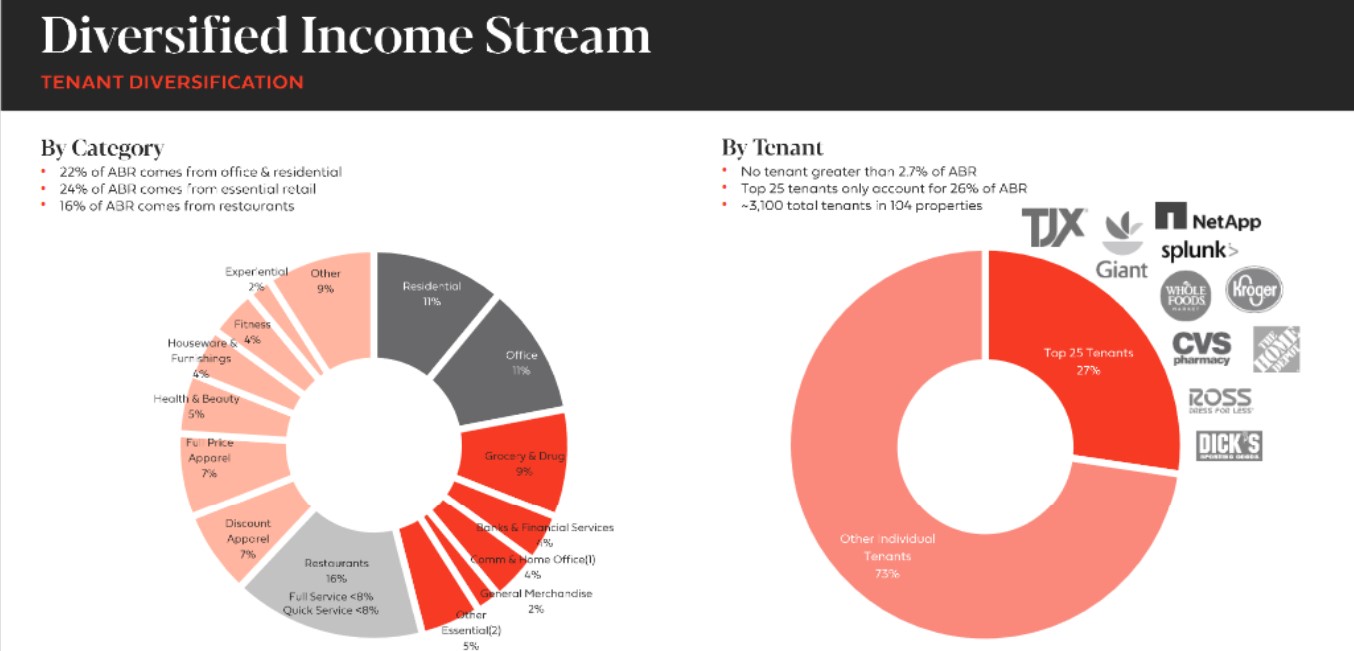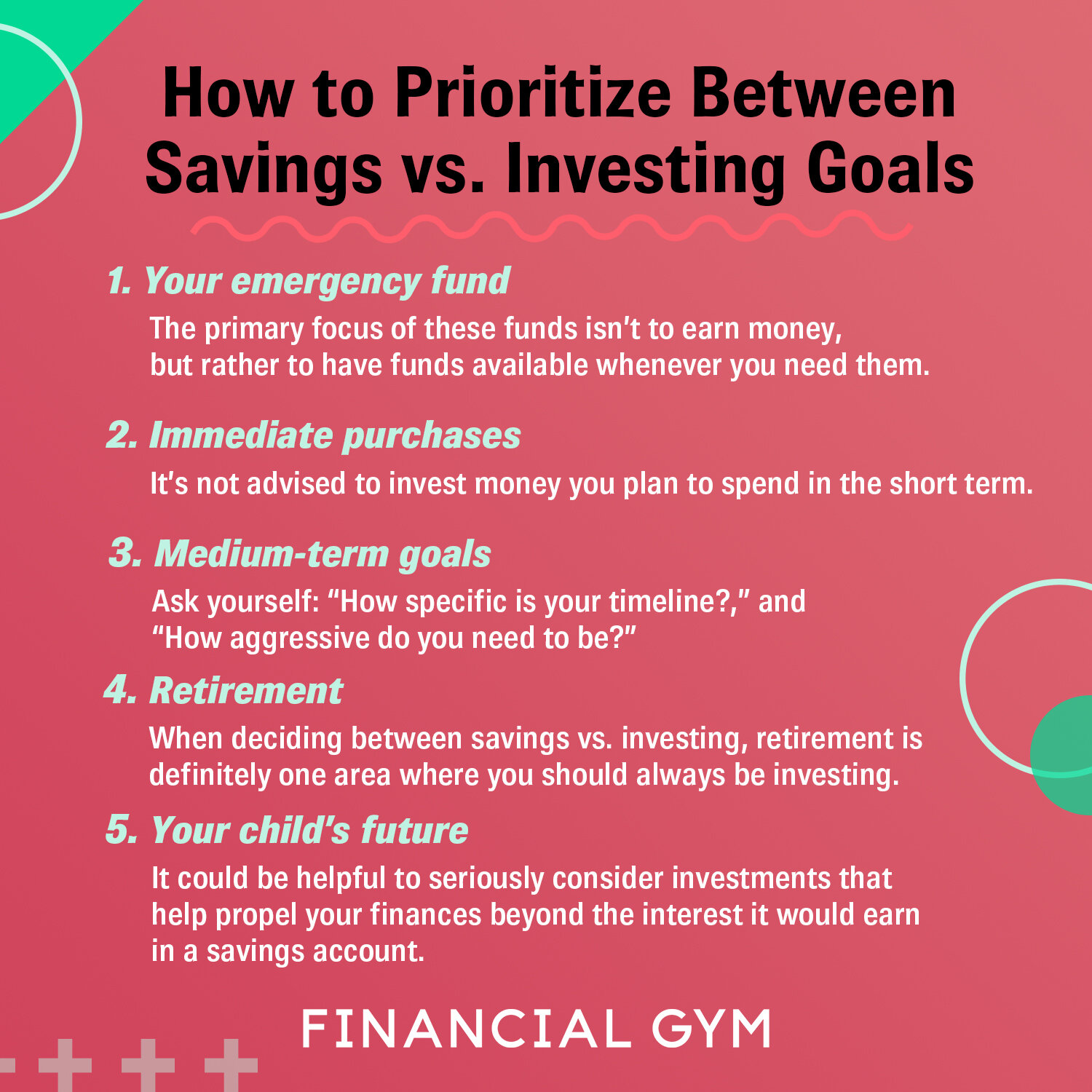
If you want to know how to invest, you should make saving mandatory. Challenge yourself to save at least $100 per month and budget accordingly. It is possible to earn extra income. The hardest part about investing is choosing investments. A portfolio should reflect your financial situation and tolerance for risk. You should start small, low risk investments such as dividend stock. You can then move to more diverse investments, such as Treasury securities and mutual funds or ETFs.
How to pay off debt
There are several benefits to paying off your debt before you invest. Unsecured debt typically has interest rates higher than 15%. If you are not an experienced investor, you should be capable of generating a reliable return. However, investing is a great way to increase your financial discipline. The best way to invest before you get rid of your debt is to put the money into low-risk investments, such as a money market mutual fund.

Investing in dividend stocks
Dividend stocks could provide investors with an excellent income stream over the long-term. The payout ratio of a company is one indicator of its future growth. It measures how much earnings a company generates per share compared to the amount of cash it pays out in dividends. A company earning $2 per share, and paying $1 per cent in dividends, has a payout ratio of 50%.
Investing in Treasury Securities
You might be interested in a steady income from bonds. But how do you get started with investing in Treasury securities? This is a smart investment because the US government has never defaulted on any of its debts, so there's very little risk. There are many types of Treasury securities. Here are some key points to help you make an informed decision.
Investing with a 401(k).
Here are some helpful tips for new investors: Find out about expenses and then choose a low-cost investment fund or invest in a portfolio that has been pre-designed. Expense ratios refer to the amount of money you spend each year to purchase a fund. High expenses are best avoided if your goal is to invest long-term. They can lead to lower returns.

Investing in a brokerage account
A brokerage account is an account that you can use to buy securities. You use the funds to create a portfolio of investments and tell your brokerage firm when to buy and sell them. Your assets are held by your brokerage account. Your brokerage firm handles the trading. Brokerage accounts aren't FDIC insured but they provide different types of support so you can get started investing right away.
FAQ
What is a bond?
A bond agreement is an agreement between two or more parties in which money is exchanged for goods and/or services. It is also known as a contract.
A bond is typically written on paper, signed by both parties. This document contains information such as date, amount owed and interest rate.
The bond is used for risks such as the possibility of a business failing or someone breaking a promise.
Sometimes bonds can be used with other types loans like mortgages. This means the borrower must repay the loan as well as any interest.
Bonds are used to raise capital for large-scale projects like hospitals, bridges, roads, etc.
A bond becomes due upon maturity. This means that the bond owner gets the principal amount plus any interest.
Lenders are responsible for paying back any unpaid bonds.
What is a mutual fund?
Mutual funds are pools that hold money and invest in securities. They allow diversification to ensure that all types are represented in the pool. This helps reduce risk.
Professional managers manage mutual funds and make investment decisions. Some mutual funds allow investors to manage their portfolios.
Mutual funds are preferable to individual stocks for their simplicity and lower risk.
How are share prices established?
Investors who seek a return for their investments set the share price. They want to make a profit from the company. So they buy shares at a certain price. Investors will earn more if the share prices rise. If the share price falls, then the investor loses money.
An investor's main objective is to make as many dollars as possible. This is why they invest into companies. It allows them to make a lot.
Why are marketable Securities Important?
An investment company's primary purpose is to earn income from investments. It does this through investing its assets in various financial instruments such bonds, stocks, and other securities. These securities have attractive characteristics that investors will find appealing. They are considered safe because they are backed 100% by the issuer's faith and credit, they pay dividends or interest, offer growth potential, or they have tax advantages.
What security is considered "marketable" is the most important characteristic. This refers to the ease with which the security is traded on the stock market. Securities that are not marketable cannot be bought and sold freely but must be acquired through a broker who charges a commission for doing so.
Marketable securities include common stocks, preferred stocks, common stock, convertible debentures and unit trusts.
Investment companies invest in these securities because they believe they will generate higher profits than if they invested in more risky securities like equities (shares).
What is the difference in a broker and financial advisor?
Brokers help individuals and businesses purchase and sell securities. They take care all of the paperwork.
Financial advisors are experts on personal finances. Financial advisors use their knowledge to help clients plan and prepare for financial emergencies and reach their financial goals.
Financial advisors can be employed by banks, financial companies, and other institutions. Or they may work independently as fee-only professionals.
You should take classes in marketing, finance, and accounting if you are interested in a career in financial services. You'll also need to know about the different types of investments available.
What is the distinction between marketable and not-marketable securities
The key differences between the two are that non-marketable security have lower liquidity, lower trading volumes and higher transaction fees. Marketable securities are traded on exchanges, and have higher liquidity and trading volumes. Because they trade 24/7, they offer better price discovery and liquidity. This rule is not perfect. There are however many exceptions. There are exceptions to this rule, such as mutual funds that are only available for institutional investors and do not trade on public exchanges.
Non-marketable securities tend to be riskier than marketable ones. They are generally lower yielding and require higher initial capital deposits. Marketable securities tend to be safer and easier than non-marketable securities.
A large corporation may have a better chance of repaying a bond than one issued to a small company. The reason is that the former is likely to have a strong balance sheet while the latter may not.
Because of the potential for higher portfolio returns, investors prefer to own marketable securities.
Statistics
- Our focus on Main Street investors reflects the fact that American households own $38 trillion worth of equities, more than 59 percent of the U.S. equity market either directly or indirectly through mutual funds, retirement accounts, and other investments. (sec.gov)
- For instance, an individual or entity that owns 100,000 shares of a company with one million outstanding shares would have a 10% ownership stake. (investopedia.com)
- "If all of your money's in one stock, you could potentially lose 50% of it overnight," Moore says. (nerdwallet.com)
- US resident who opens a new IBKR Pro individual or joint account receives a 0.25% rate reduction on margin loans. (nerdwallet.com)
External Links
How To
How to create a trading strategy
A trading plan helps you manage your money effectively. It helps you identify your financial goals and how much you have.
Before setting up a trading plan, you should consider what you want to achieve. You may want to make more money, earn more interest, or save money. If you're saving money you might choose to invest in bonds and shares. You could save some interest or purchase a home if you are earning it. You might also want to save money by going on vacation or buying yourself something nice.
Once you know your financial goals, you will need to figure out how much you can afford to start. This depends on where you live and whether you have any debts or loans. Consider how much income you have each month or week. Your income is the net amount of money you make after paying taxes.
Next, make sure you have enough cash to cover your expenses. These include bills, rent, food, travel costs, and anything else you need to pay. Your monthly spending includes all these items.
Finally, figure out what amount you have left over at month's end. This is your net available income.
You're now able to determine how to spend your money the most efficiently.
You can download one from the internet to get started with a basic trading plan. Ask an investor to teach you how to create one.
Here's an example spreadsheet that you can open with Microsoft Excel.
This shows all your income and spending so far. It also includes your current bank balance as well as your investment portfolio.
Another example. This was created by a financial advisor.
It shows you how to calculate the amount of risk you can afford to take.
Don't try and predict the future. Instead, be focused on today's money management.